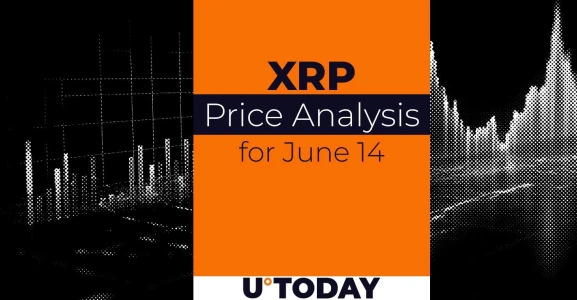
SUI Volume Down 42.82% Amid $220 Million Cetus Hack
SUI Plunges 42.82% in Trading Volume Following Cetus Hack
The cryptocurrency market has faced another significant challenge as the SUI ecosystem grapples with the aftermath of a major security breach on the Cetus decentralized exchange and liquidity hub. According to data from TradingView, SUI has seen a steep 42.82% plunge in trading volume in the wake of this incident.
The attack, which occurred on May 22, 2025, resulted in the alleged draining of approximately $223 million from the Cetus Protocol. While the Cetus team managed to freeze $162 million shortly after, they are now offering a $6 million white hat bounty in an effort to recover the remaining funds, including 20,920 ETH.
The impact of the hack has been devastating for the SUI ecosystem's liquidity pools. Several ecosystem tokens have suffered catastrophic losses, with many dropping over 75% in value. Notably, tokens like Lombard Staked BTC (LBTC) and AXOLcoin (AXOL) nearly collapsed in price, with the top 15 worst-hit tokens all losing more than three-quarters of their market value on Cetus.
SUI itself has not been spared from the fallout. The token has fallen 5.22% since the incident and is currently trading at $3.64. This drop has erased part of the impressive 23% gain it posted earlier in May, which was linked to growing institutional partnerships aimed at tokenizing real-world assets globally – a development that had boosted the asset's utility and investor sentiment.
However, the recent breach, combined with a broader crypto market pullback sparked by renewed tariff concerns, has put downward pressure on SUI's price. The failed attempts to break above the $4.25 resistance zone may have triggered profit-taking from short-term traders, further dragging the price below the 20-day EMA at $3.70.
If this bearish momentum continues and the price stays below this level, the SUI/USDT pair could slide toward the 50-day SMA at $3.00. While the long-term fundamentals around SUI remain promising due to ongoing adoption initiatives, the fallout from the Cetus hack and weakening technical indicators suggest a cautious short-term outlook.
Most Viewed News








